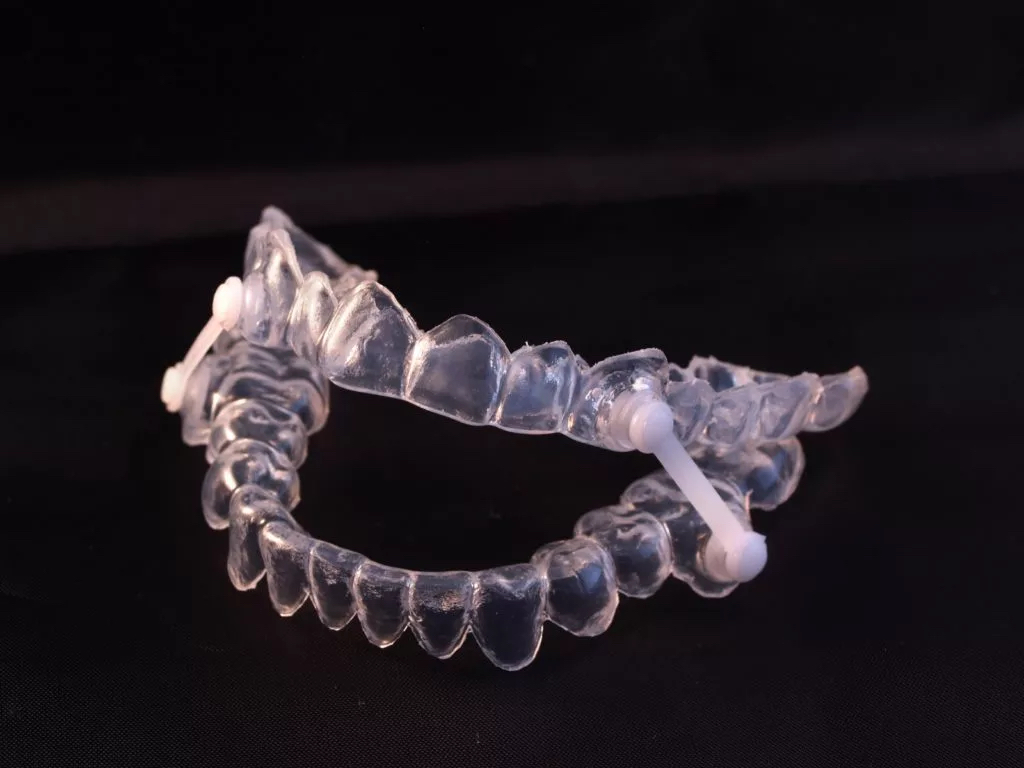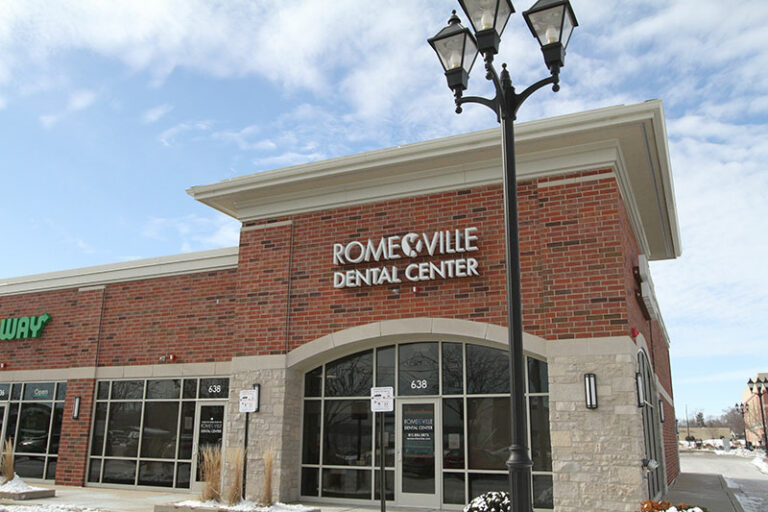Sleep Apnea
Sleep apnea is a condition to take very seriously because it can lead to other major health consequences. We provide effective treatment for many cases of sleep apnea to help you improve your health.
Sleep Apnea Treatment
Sleep apnea is defined as a condition that causes you to experience frequent and recurring shortness of breath while sleeping. It can be caused by the individual’s throat becoming overly relaxed while sleeping which blocks the airways and prevents normal breathing. This is referred to as obstructive sleep apnea.
Signs of sleep apnea include poor sleeping habits, frequent sore throats, recurring headaches, and a general inability to get a restful night’s sleep. It’s important to note the difference between sleep apnea and snoring. Snoring is simply caused by tissue vibration in the mouth and nose. While it is a major symptom of sleep apnea, snoring alone is not enough to diagnose sleep apnea.
We’re concerned about the overall health of our patients, including their sleep health. Many people suffer needlessly from dangerous sleep disruptive disorders that keep them from getting enough oxygen at night. The risk of a heart attack is 23 times more likely than average with a sleep disorder, and 92% of stroke victims live unknowingly with this condition before an attack. Our training allows us to offer you education and treatment surrounding sleep health in the simplest and most cost-effective way possible.

-
What is sleep apnea?
Sleep Apnea is a sleep disorder where breathing repeatedly starts and stops. The lapses in breathing results in lower-quality sleep and affects the body’s oxygen supply, which can result in serious health consequences. There are three main types of sleep apnea:
1. Obstructive sleep apnea. This is the most common form of sleep apnea and is caused by a person’s throat becoming overly relaxed while sleeping, blocking the airways and preventing normal breathing.
2. Central sleep apnea. This occurs when your brain fails to submit signals to your breathing muscles, resulting in not breathing for a short period of time. This is a rare form of sleep apnea.
3. Complex sleep apnea syndrome. Also known as treatment-emergent central sleep apnea occurs when someone has both obstructive sleep apnea and central sleep apnea.This condition is normally associated with loud, intense snoring, but just because a person snores doesn’t mean they have sleep apnea. It can be caused by being overweight, excessive alcohol consumption, or drug use can cause the airways to become more relaxed and cause blockages, and it can also be caused by genetics. People with a family history of sleep apnea are more likely to suffer from the condition. According to the Sleep Foundation, “Sleep apnea is one of the most common sleep disorders in the United States. It can affect children and adults and people of both sexes, although it is more common in men.”
-
How is sleep apnea diagnosed?
Sleep apnea is typically diagnosed using a polysomnogram, also known as a sleep study. This can be done at home or at a sleep disorder center. The test records activities that occur while you sleep, including brain activity, breathing, and oxygen levels. It also measures how long you spend in each sleep stage, how frequently you wake up, if you stop breathing, if you snore, and your body position.
After the sleep study, a specialist goes over the data from your test. They analyze your brain activity and body system functioning to diagnose if a sleep disorder is present and recommend treatment.
If recommended, a dentist trained in sleep medicine works with the specialist to treat obstructive sleep apnea with oral appliance therapy. Our office can provide you with a sleep apnea oral appliance, just contact us for a consultation.
-
What are the symptoms of sleep apnea?
Treatment of snoring and obstructive sleep apnea may involve surgery, CPAP or BiPAP machines, or oral appliance therapy. Oral appliances provide the least invasive option and often are a good choice for treatment of mild to moderate OSA. A carefully calibrated appliance can comfortably help hold the jaw in a precise position throughout the night, allowing critical oxygen flow.
All treatment recommendations should be made in consultation with your sleep physician. Once a treatment path that you can use consistently is chosen, we may be able to provide critical support for your efforts. If appliance therapy is selected, it’s essential the right method and positioning are designed to precisely maintain your airway.
More Questions?
If you think that you may have sleep apnea, don’t wait. The sooner you get treatment, the sooner you will be able to enjoy a night of restful, uninterrupted sleep. Contact the team at Romeoville Dental Center for a sleep apnea consultation.

